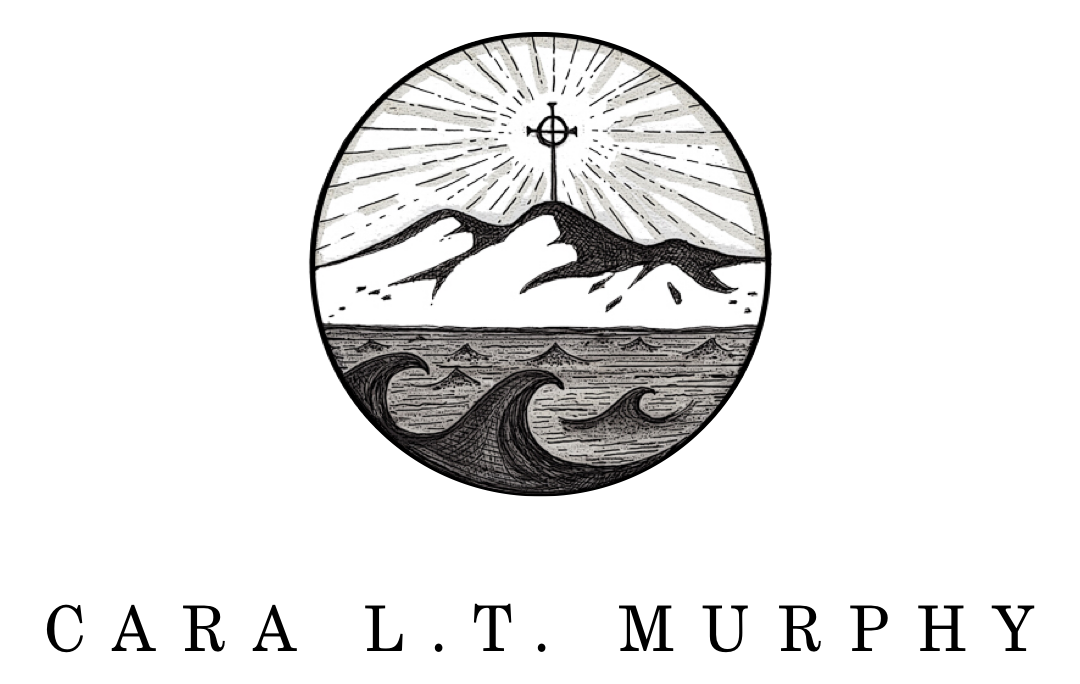
Free to Judge
Why don’t you judge for yourself what is right?
Luke 12:57
Jesus asked a curious question at the end of Luke 12: Why not start judging what is right for yourselves? This is a bit confusing, because elsewhere he says, “Judge not, lest you be judged.” But perhaps this is a different kind of judging altogether.
When Jesus warns us to “judge not,” he intends we should refrain from pronouncing the verdict on other people. This kind of judgment serves as a way to curse others with our thoughts or our words. That is what this prohibition on judging truly is–the invitation to cease cursing. It is proclaiming a person as bad, unworthy of the mercy and blessing of God. Judging is not good for us or anyone around us. It does not fit in the Kingdom Among Us. Jesus tells us it’s not in our best interest to practice this.
But his question in Luke 12 speaks to a different kind of judging. With his question, he practically begs us to judge, not people, but the time and circumstances in which he has placed us. He asks us to discern the presence of God in all that we see and experience. He teaches us to be wise, to see the things around us with his eyes. He wants us to understand what is right, and then do what is right. A good friend of ours likes to say, “Do what you got to do.” I like it. It’s healthy common sense, but I’d like to add to it, Know what you need to know. We need to discern what is right before we can do what is right.
This question comes at the very end of a lengthy time of teaching his disciples. Jesus finishes with this:
“I’ve come to start a fire on this earth–how I wish it were blazing right now! I’ve come to change everything, turn everything rightside up. Do you think I came to smooth things over, make everything nice? Not so. I’ve come to disrupt and confront! You know how to tell a change in the weather, so don’t tell me you can’t tell a change in the season, the God-season we’re in right now.”
Luke 12:49-57, selected verses
He asks, Why don’t you judge for yourselves what is right?
Jesus not only allows this kind of judging, he invites it.
Christ is calling us to look around and observe. He invites us to watch how our culture is living and walking, to observe what it values. Is it the same as what I value? Jesus asks. We could start with any realm swirling around us. If we were to judge as Jesus is asking, we would spend some time intentionally observing what occupies our attention. The news? Entertainment? Political agendas? Social media? In all of these and more, with their hidden value systems, we are invited to practice discernment.
Is it the same as what I value? Jesus asks.
We’re also called to observe the Western church and it’s unique culture. He’s asking us to consider the church we attend. He’s also asking us to consider the way we attend, looking deep into the submerged world of motivation. We are allowed to observe what our ministries are about, how people relate with one another, where money is being spent.
Is it the same as what I value? Jesus asks.
Most importantly, we are called to discern the relationships around us. How am I doing with love? Where is my marriage? My relationship with my children? My friendships? I am called to notice what my impact is on those closest to me. I am called to observe how I speak to others, how I treat others, how I value others.
Is it the same as what I value? he continues to ask.
As sons and daughters, we are being called up into a position of redeemed judgments. A sign of our maturity as disciples is how often we enter into discernment with Jesus about the way things work. Do you value what I value? Jesus asks, over and over again.
But we must remember: making judgments without Christ’s guidance is perilous and arrogant. The truth is, apart from Christ, we are incapable of judging for ourselves what is right. As I write that, it doesn’t sit well with me. I believe it is true, but it smacks against my need, as an independent thinker, to think independently. It makes God seem like a smothering mother that needs me to check in before form an opinion on anything. I feel pretty capable. Most of the time, I think I can see well enough to make an accurate judgment about the situation around me.
But that is the lie of the world. That is the value of an upside-down culture. In our ability to judge, we must judge that we are unable. This is a Kingdom paradox.
But there’s also a part of us, the “less independent” part, that avoids discernment. Most of us don’t want to judge what is happening around us. It’s easier and less complicated if we can just coast through life, thinking that we make things happen for ourselves. If we follow what Jesus is asking here, it is terribly inconvenient. It’s inconvenient because what we soon discover is that the world does not value what Jesus values. We may also quickly find that what we value is not what Jesus values.
That is a frightening discovery.
Jesus is asking, Why don’t you judge for yourself what is right? Why don’t you discern that the way the world works is simply wrong? Why, as my disciple, do you live and breathe in your godless culture with such ease?
God-With-Us is just that–with us. He’s not absent. He’s not distant. He’s here, right here. He wants to walk with us and show us how things have gone wrong, as well as what he’s making right. He wants us to have eyes that see the Kingdom reality of things around us. This doesn’t happen overnight. It takes time and intentionality to discern the season in which we are, how God is moving among us. We can’t blow through our day or our projects. We have to live in a sense of stillness so that our judgments are based on reality and not only on what our limited eyes can see.
Jesus tells his disciples and us in Luke 12 that he has come to set things right. He has come to expose the false ways of the world around us. He has come to disrupt, to confront. He calls us to wake up, rub the sleep of indifference from our eyes, and observe what is going on around us. In other words, he’s wanting us to grow up into informed discipleship, a way of life that will never match what the world is doing. It’s not his desire that we would be blind disciples, groping in a fog to make right decisions. He has a Kingdom, and it is the Kingdom Among Us. There is a way things work in this Kingdom, and Jesus would have us be at home in this way.
Eternity begins now, not when we die.
We can choose to make Kingdom judgments now in the unforced rhythms of grace. We can choose to have eyes that see and hearts that judge what is truly right.

